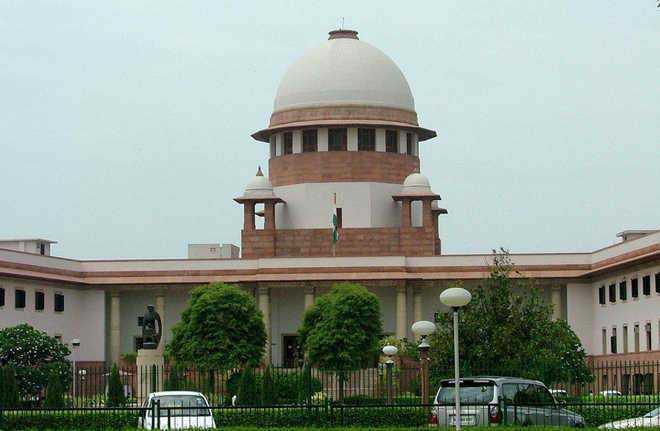
Vijay Mohan
Tribune News Service
Chandigarh, March 4
The Supreme Court has dismissed a plea filed by the Army seeking review of the apex court’s earlier ruling wherein it had held that a Summary Court Martial (SCM) must be held only rarely and in exceptional circumstances, with reasons recorded in writing.In one of its most important rulings on military law, the SC had declared in July 2016 that the Army’s system of convening Summary Court Martials was an exceptional provision and not the rule. The SC had upheld the view of the Delhi High Court that the SCM is an exception and before conducting it, the immediacy of action must be shown with recorded reasons.(Follow The Tribune on Facebook; and Twitter @thetribunechd)There are four types of courts martial in the Army and the SCM accounts for the highest number amongst them. Convened and held by the commanding officer of a unit, these one-man courts used extensively for enforcing discipline and can award any punishment, including dismissal from service, but not the death sentence or imprisonment beyond a period of an year.The HC had held that the origin of the SCM could be traced back to the 1857 mutiny for “prompt and swift award of punishment to indisciplined sepoy malefactors.” It had held that the SCM was meant for extraordinary situations and routine recourse would result in taking away “livelihood without affording normal procedural protections of law.”The SC had also endorsed the view of a Committee of Experts constituted by the Defence Minister to look into the litigation. The committee had opined that the SCM was an exceptional provision not meant for regular recourse and it was desirable to replace it with a more robust system meeting constitutional norms.The panel had observed that there was not even a concept of a “judgment or detailed reasons” in the SCM which did not meet the basic fundamentals of a trial or objectivity as laid down by the International Covenant of Civil and Political Rights and there was no availability of even a legally trained Judge Advocate to advise the officer conducting the trial.
